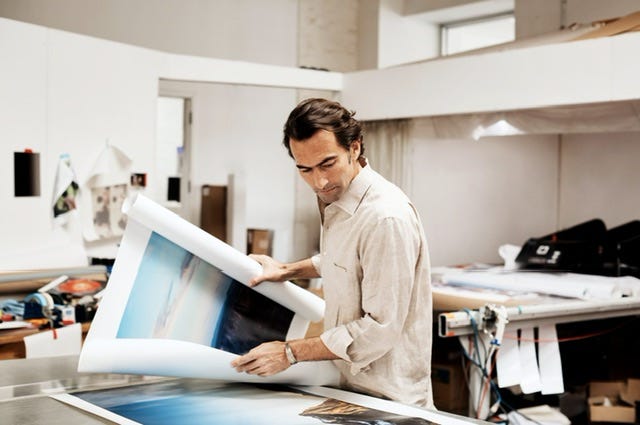
Last week I encountered ‘Ai-Da’, the world’s ‘first ultra-realistic artist robot’ (see below). I was sitting in the audience at a forum organised by John Mack, an artist who explores humanity’s relationship with emerging digital technologies, particularly artificial intelligence.
As someone who writes about human creativity, intuition and emotional intelligence it might surprise you that I love technology. My dream as a teenager was to work at Apple - I was obsessed with the evolution of the iPod and I spent Saturday afternoons in the apple store, fantasising about one day owning my own laptop and being part of this revolution that made technology accessible and cool.
In my early 20s my work as a documentary filmmaker took me to Tel Aviv, a place that was blossoming as a hotspot for tech entrepreneurship. My work involved visiting countless offices, hubs and incubators to interview the women and men who were building businesses that integrated their vision with emerging technologies. I was impressed and inspired.
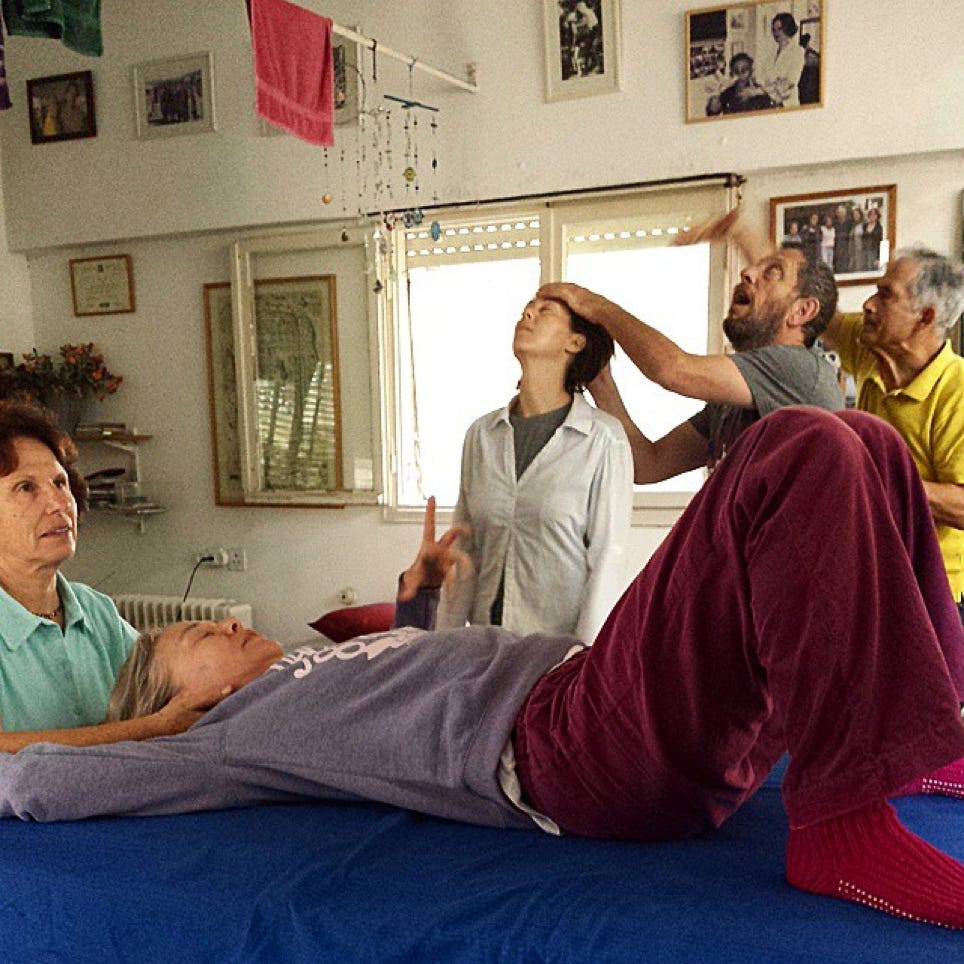
It was on that trip in 2012 that I first met Uri, the man who became my Alexander Technique teacher and helped me open to a different kind of technology. In my initial lessons I started to soften, yielding to the kind hands of my teachers. Gradually I began to reconnect with an alignment in myself which enabled me to harness my intuition. Experiencing the profound and healing capabilities of a skilled human touch taught me about an intelligence that (I believe) can never be replicated by digital technologies. Over the last decade, as I have pursued a path that has at times seemed unsexy in comparison to the flashy, glamorous and lucrative tech industry, I’ve asked myself questions:
What is it that makes us human?
Can artificial intelligence ever be intuitive?
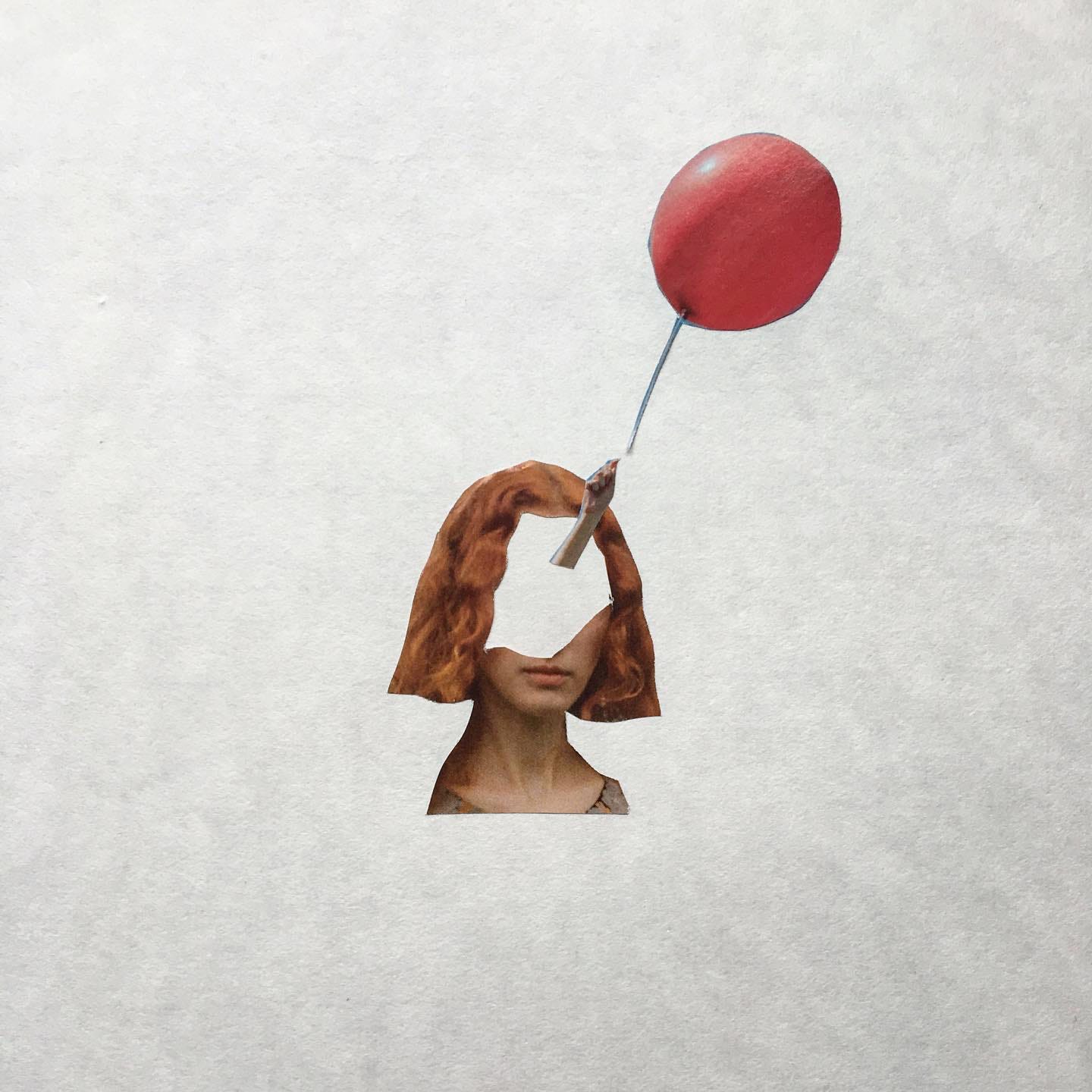
As I have studied, practiced and taught various healing modalities, including the Alexander Technique, my awe for HUMAN intelligence continues to deepen. Compassion, creativity and love are forms of intelligence that initiate growth and expansion in an organic and mystical way. Our biology exemplifies the most complex and integrated technology I have ever or will ever encounter.
Watching ‘Ai-Da’ answer questions asked by her creator, Aidan Meller, elicited complicated feelings in me and confirmed my belief that the future of education depends on prioritising empathy, intuition and self-awareness. I’d like to share a few take-aways from the forum last week. After listening to a panel of young activists (all under 30) I left feeling hugely inspired and optimistic.
We need to be careful of the language that we consume from the tech world. For example, should ‘artificial intelligence’ in fact be called ‘artificial intellect’? Is the word ‘humanoid’ deceptive in describing a machine that is absolutely 100% not a human?
artificial intelligence is not artificial! It is created by living, breathing humans and reflects the ‘shadow’ of human consciousness.
instead of asking if a robot (or AI) will learn to be emotionally intelligent perhaps we should first be asking ‘will the HUMAN learn compassion? Will the human learn empathy? Will the human learn consciousness?’1
the creative process connects us to our humanity. A robot can make artworks and objects. It can write personal statements for university applications. But that does not mean that we should stop creating! The process involved in writing a poem (for example) finesses our ability to observe, imagine, play and connect. Creative practices allow us to better understand ourselves, our relationships to each other and our reality.
As a parent I find our cultures dependence on screens and social platforms concerning. But as a teacher and creator I am also indebted to the technologies that enable me to connect and share to such a wide-reaching audience so easily. It is deeply enriching for me.
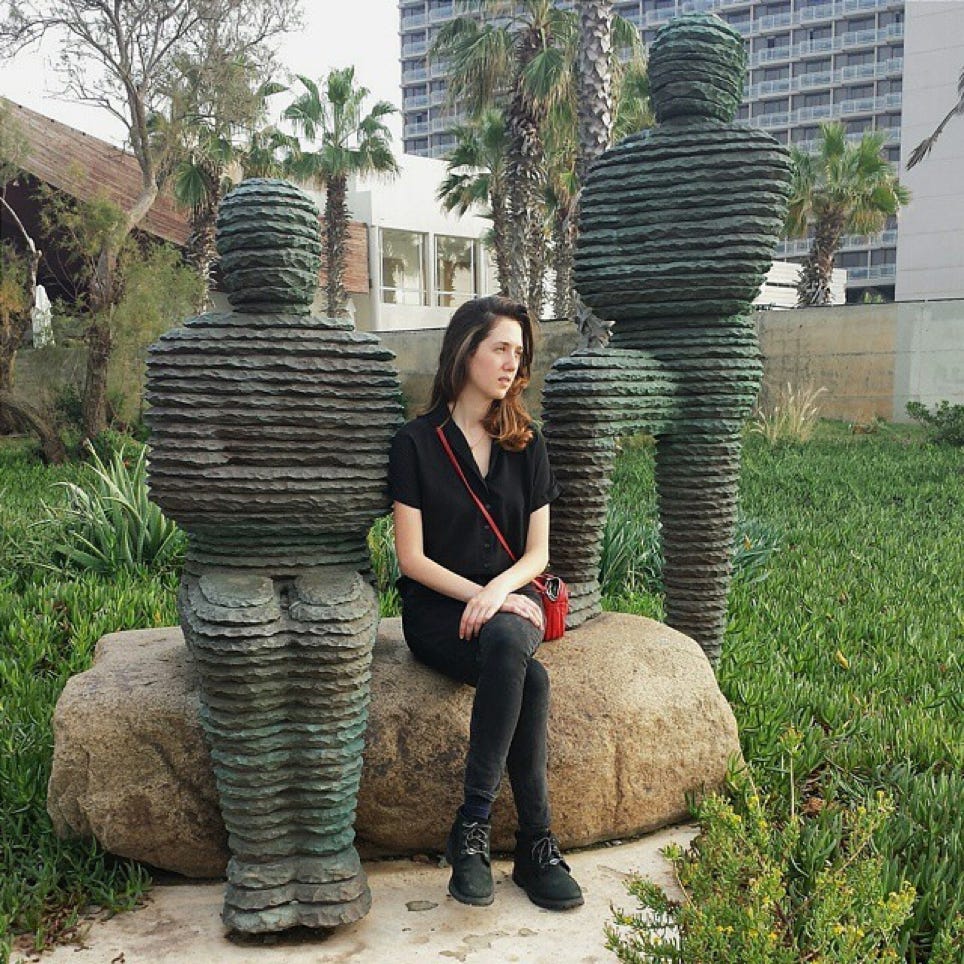
The Alexander Technique teaches a person how to ‘use’ themselves in their most natural and efficient way. Good use leads to good health. I believe the same can be said of technologies like artificial intelligence: it is the way that we use them and what we use them for that will shape our future and collective consciousness.
Thank you so much to all the readers who have upgraded to a paid subscription. I am incredibly grateful: your support helps me create the time and space to think, create, edit and share this newsletter. Thank you 🙏🏼.
Wishing you all a good week ahead,
Sophie
John Mack


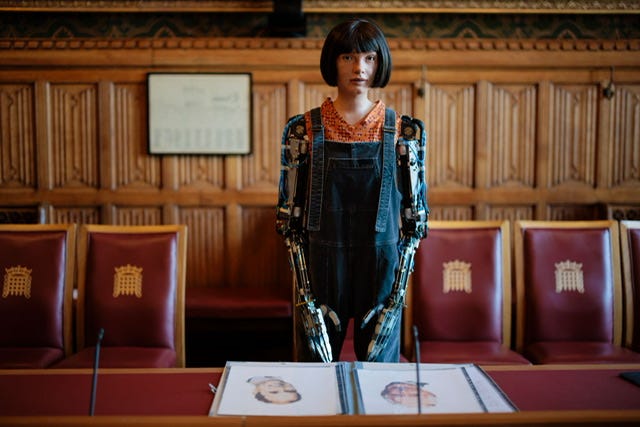
I somehow overlooked this post, and I am amazed how accurately you perceive the difference between human emotion, creativity, and their expression through art, compared to programmed responses based on data patterns. AI is just a tool. Still, people are either fascinated or afraid of it. Rightly so. AI depends on humans for moral guidance. Empathy, love, compassion, kindness? Given the lack of a global standard in this area, it's no wonder that people are worried about its implications and where it might lead us.
Brilliant and inspiring, thank you.